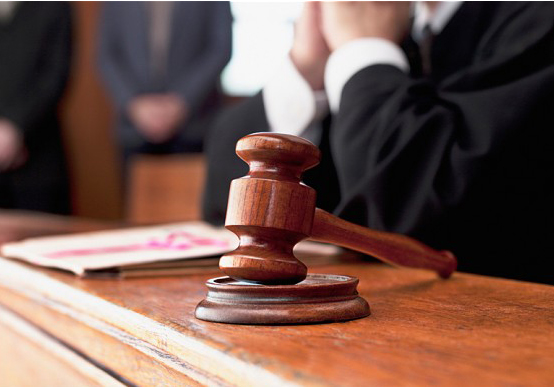
Sep 19, 2022 | Advocacy, News
Today the ICJ wrote to the Minister of Justice of Eswatini requesting that the Eswatini authorities provide information on the steps they had taken to implement the decision of the African Commission on Human and Peoples’ Rights (the African Commission) during the 33rd Extra-Ordinary Session, held from 12-19 July 2021 and published on 6 April 2022, finding that the State had been in breach of the African Charter in its conduct surrounding the removal from judicial office of Justice Thomas Masuku.
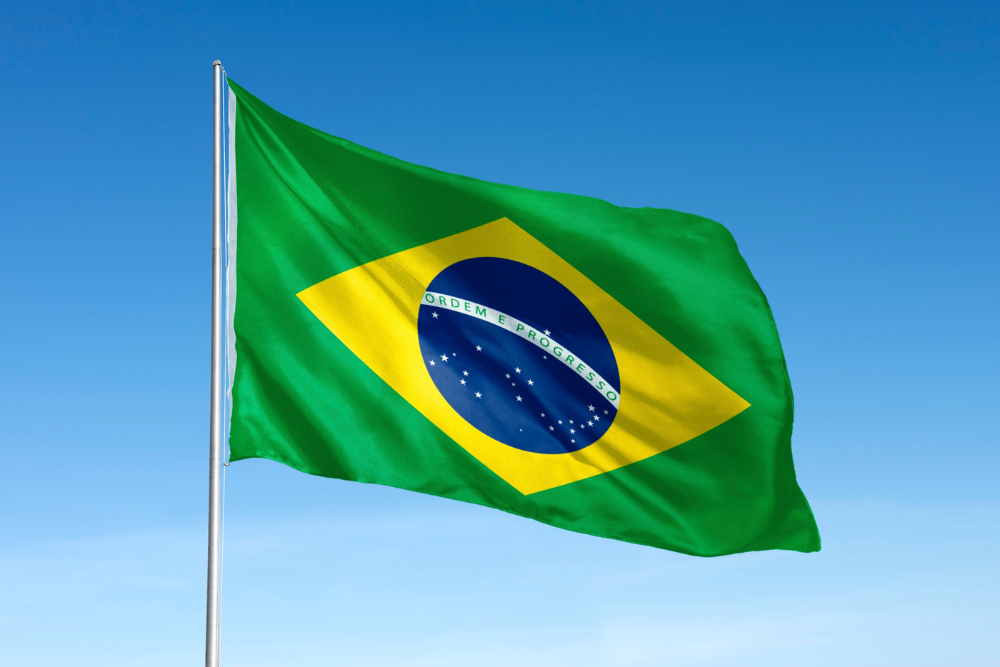
Sep 15, 2022 | News
The ICJ called today on President Bolsonaro and other public officials to fully respect judicial independence and the independent electoral procedures during the period surrounding the 2 October Presidential elections.
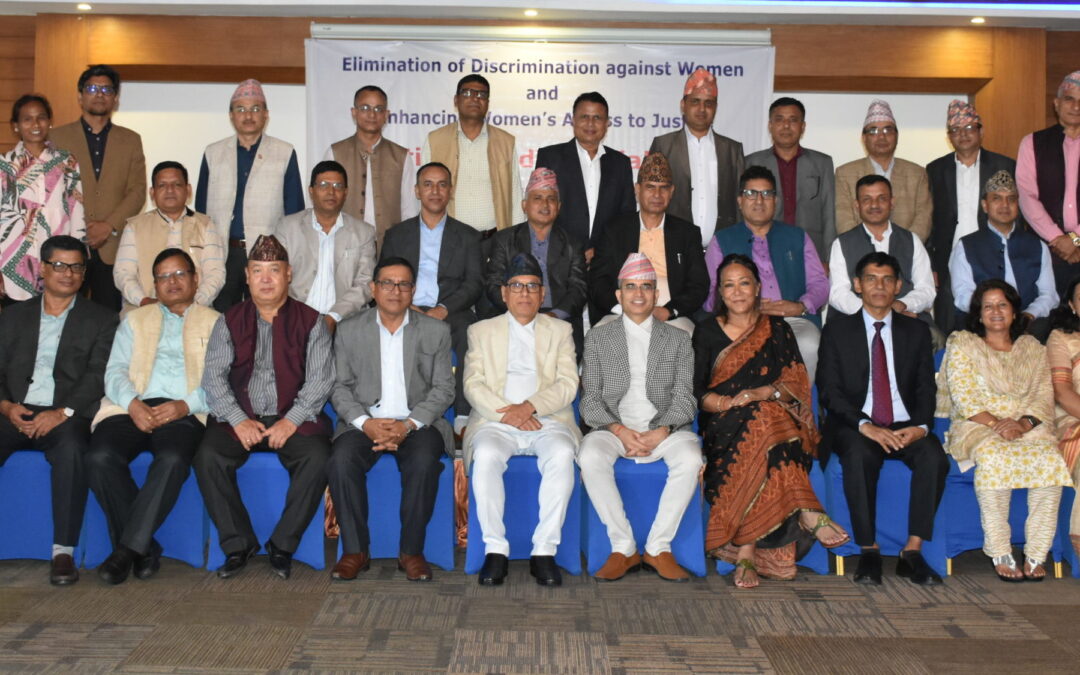
Sep 6, 2022 | Events, News
“Judges should take concrete steps to break barriers that women are still facing in accessing justice and should play key role to ensure that courts are more gender responsive and women are able to access justice equally and without discrimination”.
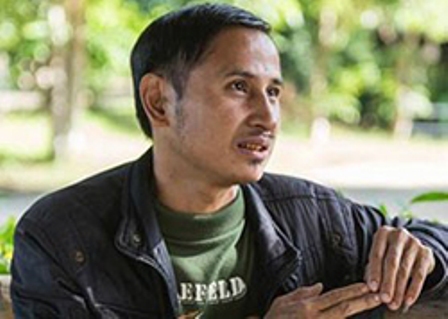
Aug 18, 2022 | News
The indictment of Chaiwat Limlikit-aksorn, former chief of Kaeng Krachan National Park, and three other park officials for the premeditated murder of Karen activist Pholachi “Billy” Rakchongcharoen that was announced on 15 August 2022, is a welcome step towards justice, said the International Commission of Jurists (ICJ) today.
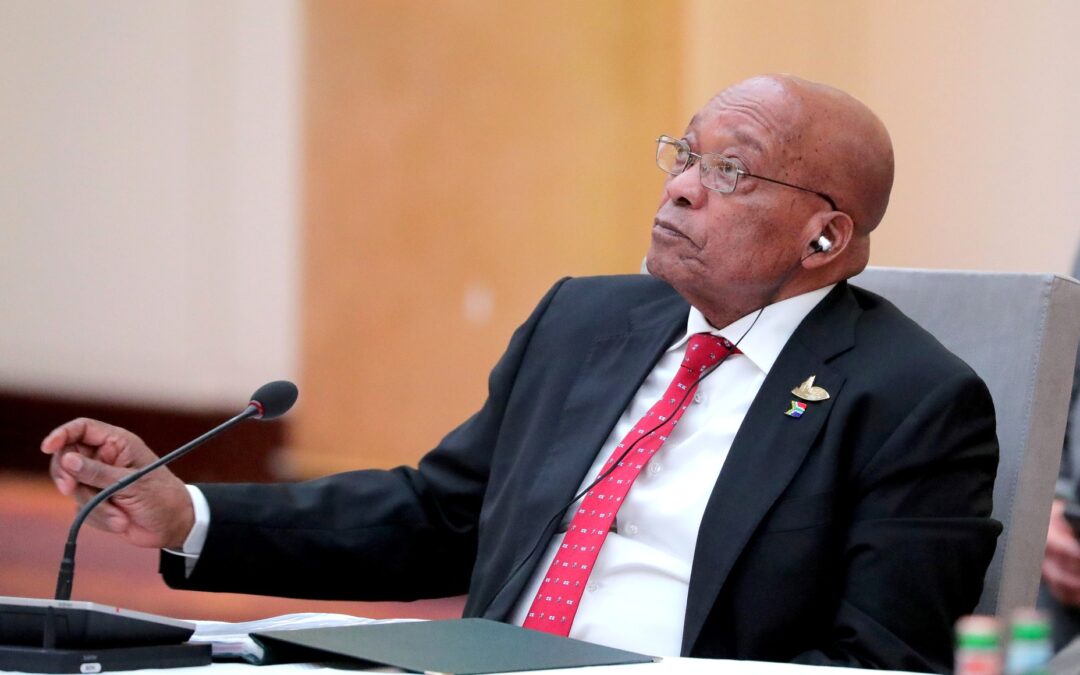
Feb 17, 2021 | News
On 17 February 2021, the International Commission of Jurists condemned former South African President Jacob Zuma’s refusal to abide by an order of the Constitutional Court to appear before a commission investigating allegations of corruption during his tenure.
As a former President, Mr Zuma must be regarded as a private citizen and is subject to the same laws as all other private citizens. If found to have committed an offence he must face the required penalties.
ICJ’s Africa Director, Kaajal Ramjathan-Keogh said,
“Zuma’s failure to follow the decision of the Constitutional Court and to refuse the summons of a proper judicial commission disrespects the rule of law and erodes public confidence in the administration of justice.”
She added that,
“Zuma is facing credible allegations of engaging in corruption and misconduct that demand to be investigated properly. His conduct in rejecting to appear before the investigative commission is an afront to the rule of law and the administration of justice and is unbecoming of a former President who took an oath to uphold the Constitution.”
Zuma has refused to appear before the Judicial Commission of Inquiry into Allegations of State Capture, Corruption and Fraud in the Public Sector including Organs of State, despite being called to testify, since November 2020. He appeared before the Commission in July 2019 but refused to answer certain questions and effectively withdrew his participation.
On 28th January 2021, the South African Constitutional Court held that Zuma was obliged to attend and participate in the Judicial Commission’s proceedings and could not claim a right to remain silent in order to avoid doing so, though he retained a privilege against self-incrimination. Rejecting this ruling, Zuma refused a summons to appear before the Commission as a witness and instead issued a statement on 15th February accusing the Commission Chair of “propagating political propaganda” against him. He further accuses the Commission Chair of “misleading the nation” and of “not following due process to the prejudice of himself and his family”. The statement also accuses the Commission of “being unable to conduct an independent, fair, and impartial investigation into state capture”. Zuma’s statement also lambasts the South African judiciary, alleging without evidence that many judges, including specific named judges are “captured” and have over years been conspiring against him.
Ramjathan-Keogh added,
“Zuma’s groundless attacks on the South African judiciary are an affront to the court’s standing and weaken the principle of the judiciary as an independent and equal branch of government with the responsibility to investigate the actions of a president, or in this case, ex-president.”
The ICJ pointed out that a witness’s failure to appear before the Judicial Commission could constitute an offence under section 6 of the Commissions Act. A witnesses’ failure to attend an inquiry or to remain in attendance until its conclusion could mean that they would be guilty of an offence, the penalty for which is imprisonment or a fine or both.
Contact:
Kaajal Ramjathan-Keogh, Africa Director, Kaajal.Keogh@icj.org, +27845148039
Tanveer Jeewa, Legal and Communications Consultant, Tanveer.Jeewa@icj.org









